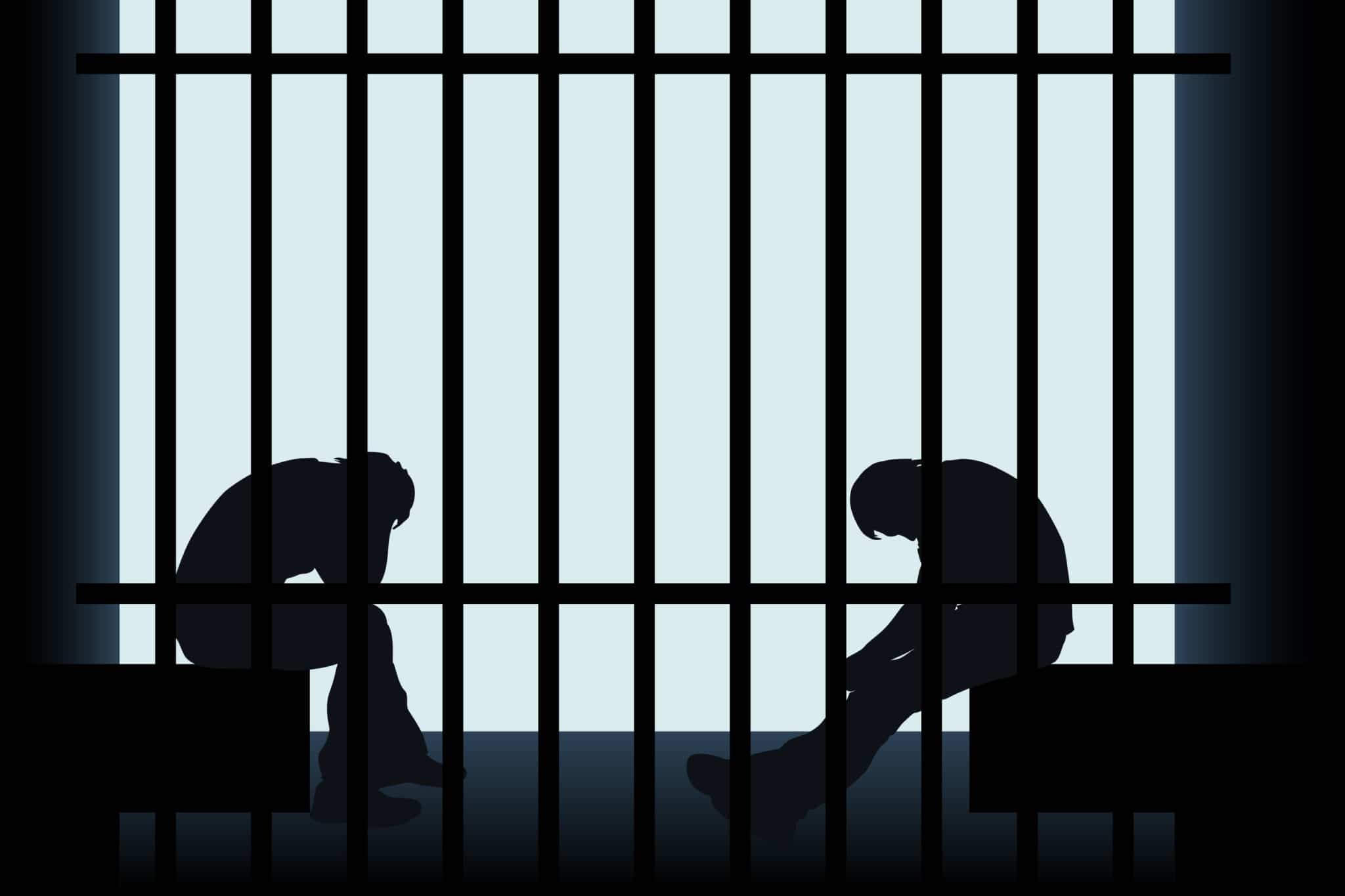Illinois Battery Charges: When the Assault was “Complete”
“Assault and battery.” You’ve probably heard this phrase on shows about law enforcement or violent crimes.
These two terms are paired together so often that they almost sound like the same crime. The truth about assault and battery in Illinois may come as a surprise to you, though. One of these crimes is more “serious” than the other.
At first glance, “assault” appears to be the more serious of the two crimes. You may have heard “assault” used to reference a standalone crime, or used in terms like “sexual assault” or “aggravated assault.”
Illinois does not see assault and battery in this way. While both are violent crimes that may come with jail time, a battery crime is more serious.
Assault Vs. Battery in Illinois
Illinois law defines assault as an event when a person “knowingly engages in conduct which places another in reasonable apprehension of receiving a battery.”
Battery crimes are defined as events when a person “causes bodily harm to an individual or makes physical contact of an insulting or provoking nature with an individual.”
Look at it this way. If you are threatening to beat up someone across the room, you may be charged with assault. Actually follow through on your threats, though, and the moment you lay a hand on the other person, battery charges may be filed.
Illinois Law and Aggravated Assault
Violent crimes in Illinois are categorized by whether they are “simple” or “aggravated.” An aggravated assault crime occurs when aggravating factors are present. If none are present, the alleged offender is simply charged with assault.
So what are aggravating factors according to Illinois law?
- Committing assault in a public place, including a sports venue, place of worship, school, or amusement park
- The victim has a physical disability, is over the age of 60, is a teacher or public official performing their official duties
- A firearm, dangerous weapon, or motor vehicle is used in the crime
- Records the incident with the intent of destroying the recording
For example, threatening an off-duty state employee may result in an assault charge. If that state employee is at work and performing their duties at the time of the assault, the charge may be elevated to aggravated assault.
Aggravated Battery in Illinois

Remember that when an assault is “complete,” the incident is no longer classified as “assault” but battery instead.
While the same aggravating factors are in play when an assault is “completed,” there are other aggravating factors associated specifically with battery crimes. Charges can also be bumped from battery to aggravated battery when:
- The victim suffers from great bodily harm, permanent disability, or disfigurement
- Strangulation occurs
- The victim is pregnant, has an intellectual disability, or is under the age of 13
Attempting to shoot someone, strangling someone, or causing serious damage to a victim are all examples of an aggravated battery crime.
Illinois Domestic Battery Cases
In addition to battery charges and aggravated battery charges, offenders may face domestic battery charges under certain circumstances.
When the victim is a household or family member of the alleged offender, the battery becomes classified as a “domestic battery” crime. The same aggravating factors above also apply to domestic battery cases.
If, for example, the battery is conducted in the presence of a child, additional penalties will be added to the offender’s sentence. Prior convictions will also play a part in sentencing when a case is considered a domestic batter one.
Charges and Penalties for Assault and Battery in Illinois
The ways assault and battery crimes are penalized vary widely. A conviction on these types of crimes can result in penalties ranging from community service only all the way up to 60 years in an Illinois prison.
Assault and Aggravated Assault
While an assault is generally charged as a Class C misdemeanor (penalties for which include 30-120 hours of community service), an aggravated assault conviction carries penalties based on the aggravating factors.
Aggravated assault on public property, for instance, is a Class A misdemeanor and could result in a year in jail. If the victim is a private security guard, however, the same incident could be charged as a Class 4 felony. In this case, a conviction could mean three years in prison.
Another example, discharging a weapon, especially against a public official, is a Class 3 felony; penalties include up to five years in prison.
Moreover, fines may also be assessed for offenders convicted on any of these charges.
Battery, Domestic Battery, and Aggravated Incidents
Battery and domestic battery are both considered Class A misdemeanors, while aggravated battery charges begin at a Class 3 felony.
If the victim is a family or household member, the charge begins at a Class 2 felony. And depending on the aggravating factors present, an aggravated battery charge can reach up to a Class X felony.
Penalties will depend on the specific circumstances surrounding your case, but aggravating factors could bring sentencing up to a 60-year maximum behind bars.
Defending Against Assault and Battery Charges in Illinois

The distinction between assault, battery, and their aggravated counterparts could help you if you have been charged with a crime.
A criminal defense lawyer may suggest that you argue against the presence of aggravating factors, which can lessen your criminal charges and the possible penalties. Reach out today to learn how you can get the best deal in court tomorrow.
About the Author:
Andrew M. Weisberg is a former felony prosecutor who now serves as a defense attorney in the greater Chicago area. He has extensive experience in handling all types of criminal cases, from sex offenses and domestic violence to retail theft-related crimes, murder, and drug crimes. His work has been recognized by Avvo, Expertise, National Trial Lawyers, and others, and he has been featured on countless news outlets for his experience and knowledge in criminal law.







 Blog Home
Blog Home 










